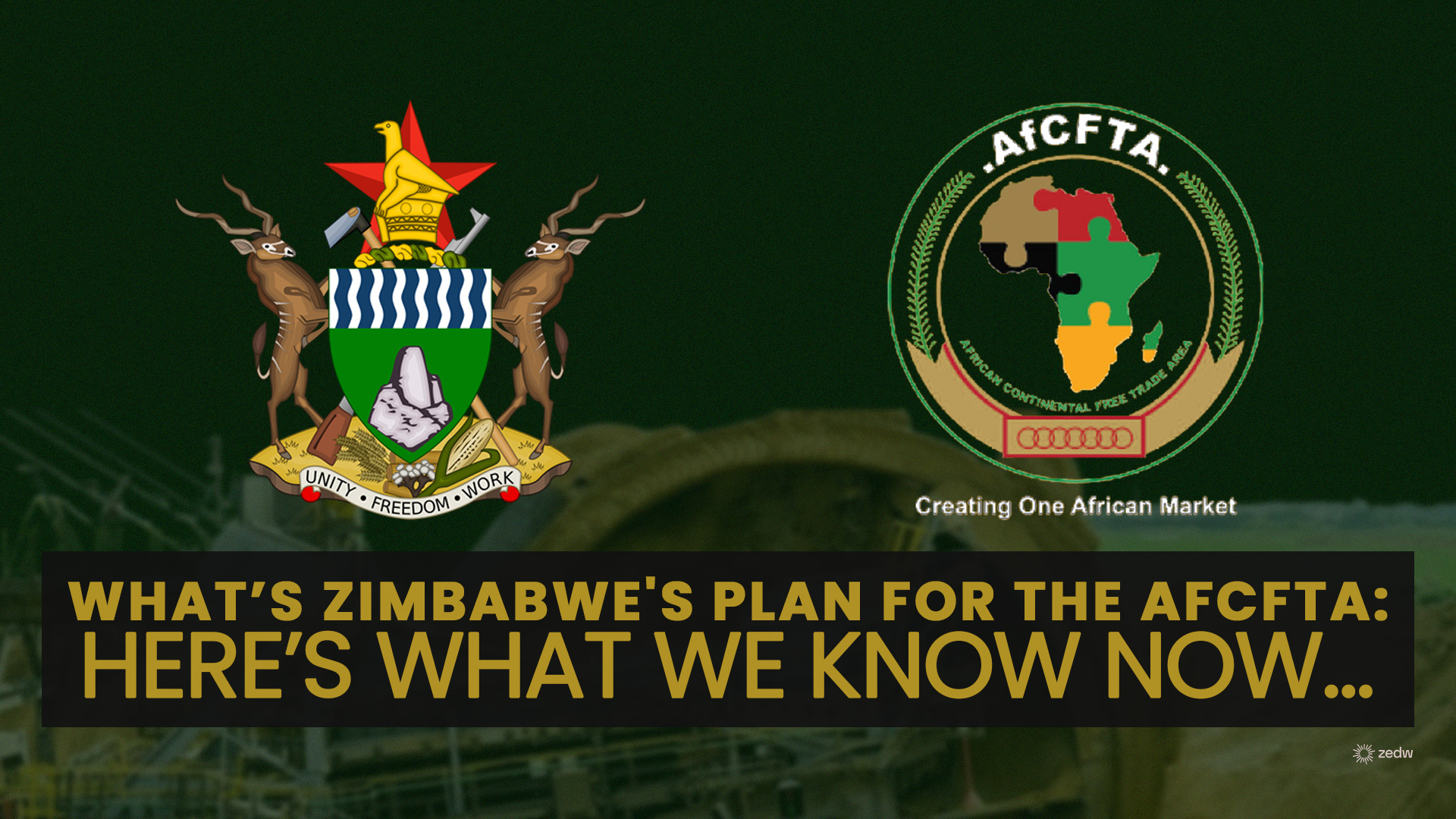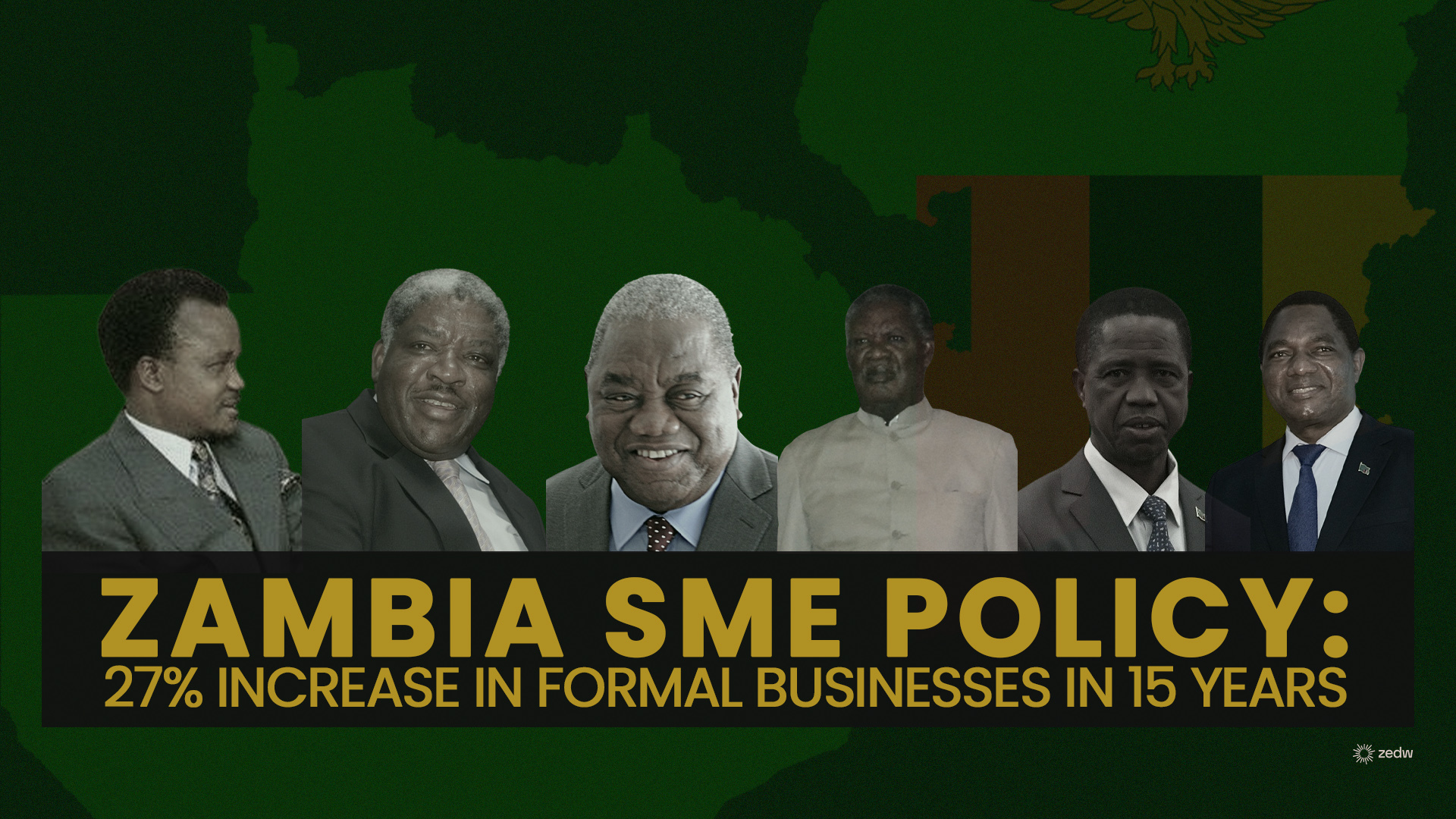Despite other African countries allowing Starlink to operate in their territories to provide alternative and cheaper internet connection, Zimbabwe seems to be hell-bent on ensuring that doesn’t happen anytime soon. A recent statement from the Postal and Telecommunications Regulatory Authority (POTRAZ), Zimbabwe’s telecoms regulatory authority, gleaned by this publication issues a chilling warning to members of the public and telecoms operators to desist from offering services from unlicenced telecoms operators.
PUBLIC NOTICE ON SATELLITE INTERNET SERVICES
The Postal and Telecommunications Regulatory Authority of Zimbabwe (POTRAZ) regulates the provision of postal and telecommunicaions services in Zimbabwe. The manadate of POTRAZ includes licensing of postal and telecommunications service providers and enforcement of compliance with licence conditions and applicable laws for the sector. The licences are issued in terms of the Postal and Telecommunications Act [Chapter 12:05] (The Act), as read with the Postal and Telecommunications (Licensing, Registration and Certificaion) Regulations, 2021.
Under the current licensing framework, the provision of internet by means of satellite systems can be done by Public Network Operators or by foreign-based satellite service providers/operators. A foreign-based Satellite Service Provider/Operator can offer services in Zimbabwe using any of the following options: –
Through duly licensed Public Network Operators. Under this arrangement the Satellite Operator and the local network Operator enter a Virtual Network Operator (VNO) agreement, that must be approved by the authority, to ensure that the public network operator meets legal and regulatory requirements stipulated in the licence.
A Satellite Service Provider/Operator can apply for their own licence that would authorise them to provide services.
End users can apply for private network licences which would authorise the utilisation of externally operated Satellite systems.
The Act prohibits the provision of telecommunications services or operation of telecommunications systems, including the possession or control of radio transmission equipment without a licence, certificate or authorisation expressly given by POTRAZ.
It has come to the attention of the Authority that there are entities masquerading as licensed Satellite Service Providers or local agents accredited to distribute customer premises equipment for the provision of satellite-based internet services to unsuspecting members of the public.
The public is reminded that only service providers who are licensed or authorised by POTRAZ are permitted at law to provide telecommunications services or distribute/install customer premises equipment for purposes of providing telecommunications services inluding satellite-based broadband internet service to customers or end-users.
The public is further reminded that local licensed Operators are only allowed to distribute satellite-based internet services if their VNO agreemenst have been approved by the Authority.
Being found in possession of or operating a telecommunications equipment/ system without a valid licence, certificate or authorisation from POTRAZ is a statutory offence punishable at law.
Postal and Telecommunications Regulatory Authority of Zimbabwe (POTRAZ)
This seems like a direct response to Starlink making inroads in Zimbabwe despite not yet being licenced to operate in the landlocked country.
You should also read: Why e-commerce is hard in Zimbabwe: Internet access
The Starlink kit is gaining popularity in Zimbabwe.
So far, Starlink, the satellite broadband service launched by California-based SpaceX, the spacecraft company founded by Elon Musk, is available in, Nigeria, Mozambique, Rwanda, Kenya, Zambia and Malawi. According to the map displayed on Starlink’s website, an additional 19 African countries are scheduled for launch in 2023 and 2024.
Proponents of technological revolution say this is a response to a growing number of people being connected to Elon Musk’s Starlink, by agents, thus bypassing the local regulator. They prefer Starlink, which they say provides a cheaper and more stable internet connection and numbers prove it to be the case, at least from the figures available.

These numbers are, of course, for North America, however, they seem to tally with what is going elsewhere in the world… According to Ookla Starlink in Chile was the fastest satellite provider in South America during Q1/2023, edging out Starlink in Peru by about 5 percent with a median download speed of 84.62 Mb/s to 77.17 Mb/s. No satellite provider outperformed all fixed broadband providers combined in Q1/2023, but Starlink in Colombia and Brazil both reached median download speeds above 70 Mb/s at 73.51 Mb/s and 70.92 Mb/s, respectively. Additionally, HughesNet in Chile broke 20 Mb/s at 21.01 Mb/s, while Viasat in Brazil only reached 14.41 Mb/s.
What the picture looks like in Africa is, from what have seen, not yet conclusive but we endeavour to find out as soon as possible. It should be said that Starlink is outperforming fiber providers like ZOL, TelOne, and Utande who have speeds that seem to be between 20Mbps – 50MBps for their uncapped packages according to their respective websites. Those figures are on the best of days and if you do a speed test, you might be lucky to get around 15Mbps.
What has been the biggest push factor for the demand for Starlink services in Zimbabwe is the unique case of expensive broadband services compounded by the unstable and unavailable nature of broadband services. Network outages being faced by local broadband service providers have affected operations for many individuals, businesses, and institutions, including Zimbabwe’s state-owned terrestrial television operator, ZBC, which was also spotted making use of Starlink for connectivity of their OB vans covering events in the remote parts of the country.
It is suspected that there is some pressure being applied by local fixed broadband operators who are the biggest losers if Starlink is to enter the market. The average Starlink subscriptions in Africa are hovering around US$50 per month for uncapped internet access which is severely undercutting equivalent packages being offered by local fixed internet providers. Starlink is more affordable whilst offering a more reliable and better-performing service, 2 very attractive reasons for every uncapped fiber and VSAT subscriber in Zimbabwe right now to invest in Starlink.
The sentiment on the ground is that Starlink business is now very popular with Harare being the location with the highest demand for Starlink kits. Individuals reselling the hardware are for the most part dealing with a backlog of orders for Starlink kits with some highlighting that the demand is regional with countries neighboring Zimbabwe also having put up orders for the kits.
So what is really going on here?
Is it that the Zimbabwean government wants a piece of the pie, they want Starlink to apply for a license and pay the necessary fees, or maybe they do not want this technology in the country as yet?
History has shown that sometimes Zimbabwe takes time to open up to new trends. Remember the story of Bitcoin and how the government shut down operators such as Golix who dared to be early adopters of the innovation that revolutionized the finance industry world over.
Stories are also told of how the GOZ as part of its indigenization policy denied Vodacom the opportunity to compete with local companies, preferring local companies, whose slow and intermittent connection many tech heads and ordinary people are always complaining about.
Starlink is the world’s first and largest satellite constellation using a low Earth orbit to deliver broadband internet capable of supporting streaming, online gaming, video calls, and more.
Leveraging advanced satellites and user hardware coupled with our deep experience with both spacecraft and on-orbit operations, Starlink delivers high-speed, low-latency internet to users all over the world.
With approximately 1 million subscribers and nearly 4,000 satellites launched, Starlink continues to expand its presence worldwide, bringing satellite-based internet connectivity to previously underserved areas.
Hopefully, the statement by Potraz will see Elon Musk applying and being granted access to operate in Zimbabwe.








